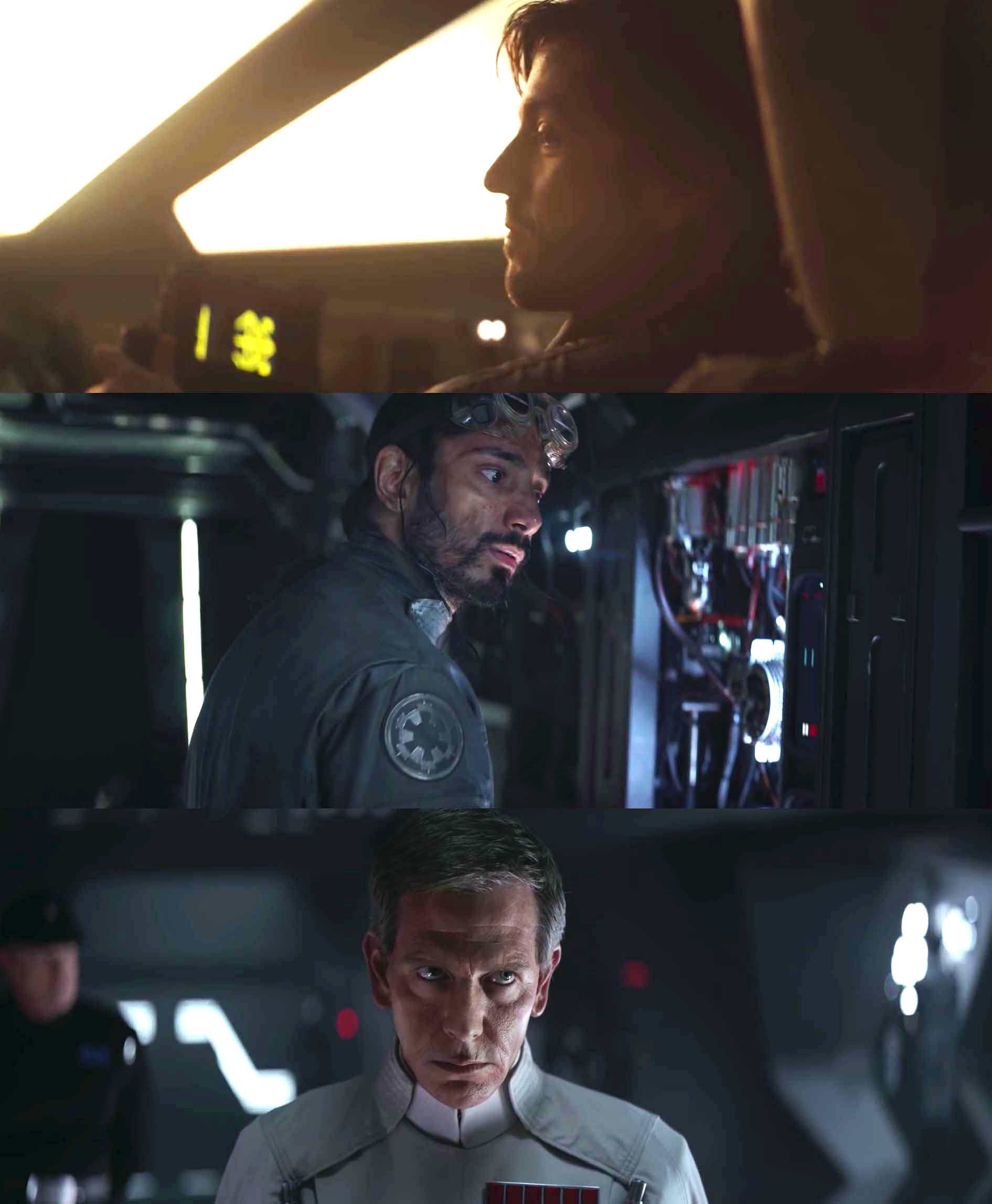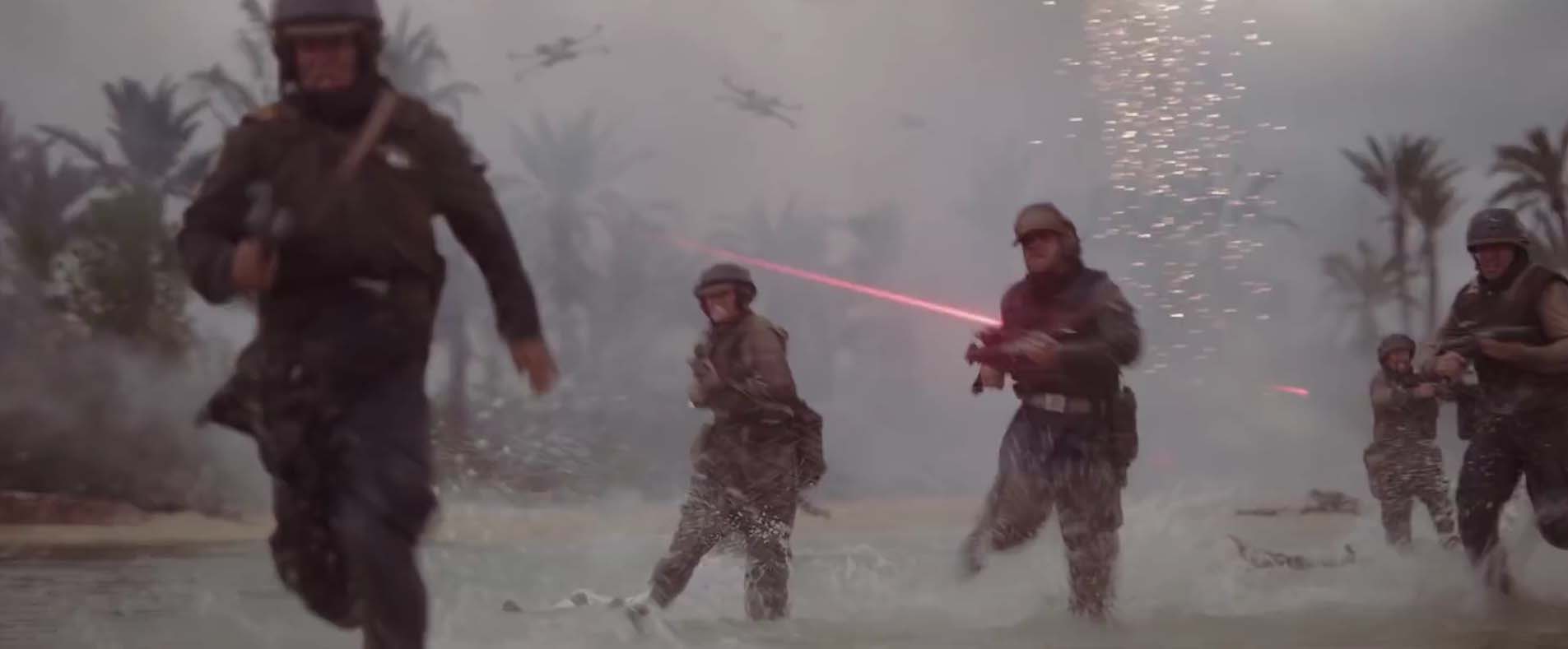Gareth Edwards and Disney rearticulate the entire Star Wars franchise, grounding it, perhaps for the first time, in a way that properly respects the cinematic significance of what George Lukas originally created and what has only been improperly exploited for profit and meta-cultural citation since.xxxxxxxxxxxxxxxxxxxxxxxxxxxxxxxxxxxxxxxxxxxxxxxxxxxxxxxxxxxxxxxxxxxxxxxxxxxxxxxxxxxxxxxxxxxxxxxxxxxxxxxxxxxxxxxxxxxxxxxxxxxxxxxxxxxxxxxxxxxxxxxxxxxxxxxxxxxxxxxxxxxxxxxxxxxxxxxxxxxxxxxxxxxxxxxxxxxxxxxxxxxxxxxxxxxxxxxxxxxxxxxxxxxxxxxxxxxxxxxxxxxxxxxxxxxxxxxxxxxxxxxxxxxxxxxxxxxxxxxxxxxxxxxxxxxxxxxxxxxx
It is already apparent from the trailer that there is something different about the latest Star Wars movie, Rogue One: a Star Wars story. There is something quite serious about it: the Star Destroyer appears more like the original than even the original. The special effects already seem understated, and there is a return to the gritty realism that defined so many of the science fiction films of the 1970s (Alien, Blade Runner, for instance); but this is not a meta-style, the kind of J.J. Abrams wink to the past; rather it somehow, even in the trailer, seems to indicate a fundamental return, a rearticulation of this past aesthetic in the contemporary context. Then there is the acting, already obviously distinctive, not overly exaggerated American in the trailer: rather than a kind of dialogue punctuated by definitive statements (''let's go!”, “we will overcome!”) assembled into an acceleratingly confusing explosion of predictable plot-lines, there is a clear effort in the trailer to give the dialogue space to resonate and then withdraw into the reality of the emotional tenor of the characters and the situation to create space for something unknown, an emotional connection to the unpredictable unfolding of the narrative: the droid says there is a 97.6% chance of failure and rather than leaving the audience with their implied moment to laugh, the trailer cuts to another character's (Riz Ahmed as Bodhi Rook) inscrutable look, creating a dissonance in the comedic moment; or where Diego Luna as Cassian Andor responds to Felcity Jones as Jyn Erso questioning whether he's able to commit or not ('Good?'; 'Good'), and, rather than existing as a statement on its own, the camera remains with him in thoughtful silence, as he turns back to check her reaction; or, finally, where Ben Mendelsohn's Director Orson Krennic stares ominously for longer than is necessary to convey an appearance of an emotion of anger to cut through to real rage.

This newest Star Wars movie is almost certainly the best Star Wars movie yet made. More Star Wars even than the original three from the '70s, and certainly more Star Wars than whatever mess of films Lukas made in the late '90s with his ridiculous Jar Jar Binks pander; and much better than the meta-films that simply repeat the events of the earlier films that Abrams is currently making. It takes Star Wars, the universe of characters and fictions that Lukas created, and takes them not simply as studio props for expressing yet another sequence of events within its context that can only ring hollow; rather, it takes the cinematic significance of these films very seriously and makes them a part of itself. It is one thing to have a Star Destroyer, or the now clichéd frontier extra-terrestrial planet bar populated with creatures of all kinds, or a hover craft and light-sabres and to make them part of your film; it is another thing entirely, and something barely perceptible to take the (cinematic) significance of these same objects seriously as cultural, social, and historical elements of our reality themselves and to make them part of the articulation of a (new) story.
In this way, perhaps, it is only possible to create the most real Star Wars movie only later, once the original films permeated and percolated to achieve the mythic proportions they have today in global culture. Were the original three movies 'camp'? Did they already lack seriousness in their own day? Do the special effects require undo effort to suspend disbelief in order to maintain the reality of the fiction they wanted to create? Today, so many years distant, its nearly impossible to say how these films may have actually been perceived at the time, to know what it is about them that would have constituted their cinematic dimension and cultural significance. However, it is undeniable that today these films, their characters, 'The Force', Darth Vader, Luke Skywalker, Lando Calrissian, Yoda, Tie-Fighters, X-Wings, the Deathstar, now separated from their original context inhabit a space of the collective consciousness, one whose reality comes from its perpetual reproduction and unending presence in our lives. And it is also undeniable that these elements of the collective consciousness support the creation of seemingly endless and empty 'new' films, and one might expect to be watching new Star Wars films in 50 or 100 years with little to no new contribution to the 'Star Wars universe'. What Rogue One accomplishes, however, is to take these elements and make them withdraw from being the primary focus of the films.
This is the opposite of what J.J. Abrams has done: in his films (and what he did with Star Trek), familiar elements of the original are repackaged in modern shine, made part of an entire meta-narrative of which the film itself is simply meant to deliver to its audience the semblance of a past that constantly winks or nods to the history upon which it is based. This is what ties these films to the entire sub-culture of 'Easter egg' hunting, of sorting through the films and writing about hidden elements that, in varying degrees of hiddenness, indicate a link to a past concealed for 'true' fans. And it is in these 'Easter eggs' these films make their fundamental purpose known: not as films in the most basic sense, of delivering a story, but rather as vehicles for the re-articulation of the past and an extra-filmic effort to pander to 'fan culture'.
And while it is undeniable that this effort exists alongside Rogue One, to focus on them as important in the same way (as the sole dimension of actual significance of the films) would miss what is fundamentally different about Rogue One. Special effects, Star Destroyers, Tie-fighers, the Rebellion, the Empire exist not as cliches here, but rather as living entities. What was only indicated in the trailer becomes fully realized in the film: Ben Mendelsohn's (as Director Orson Krennic) surprisingly casual portrayal (with soft-flowing white cape) of an Imperial Director; the Rebellion as a real struggle of loss and sacrifice that limits both the hope that they can achieve real change as well as any idealization of their sanctity and purity that might have descended from previous films; the paranoia of individualism forced upon excluded groups who must survive in a context of real existential threats every day and the limit of their ability to struggle any longer (e.g., the Rebel group surrounding Forest Whitaker's Saw Gerrera character); the subtle sacrifice of one who goes along with the system only to attempt to lay within it the groundwork for a future revolt (as Mads Mikkelsen as Galen Erso does when he leaves his child, joins the efforts to build the Deathstar and plants within it the basic weakness that will later be exploited to destroy it), but who sees nothing of his efforts while living and dies a poignant death in ignorance of what will come.
Rogue One is a film composed of distinct and real motivations: from 'macro' motivations all the way down to micro-moments in the film: one needs to push the 'master switch', a predictable necessity in a film like this (and one made parody in a film like Galaxy Quest, or Spaceballs); but rather than simply allowing this to become the cliché it is, Rogue One pauses, and thinks about the directive, then asks in a suitable frenzy suiting the urgency of the situation: 'what 'master switch?', 'what does it look like?', 'what are you taking about?', 'where is it?' This is the logic of Rogue One: at every moment it takes the universe of Star Wars not for granted, as a cash-cow to milk through CGI lens flare, but as something to truly reflect on. In each of its micro-elements the film is just as reflective as it is as a whole. 'What is the master switch?' is answered in much the same way within the film that 'What is Star Wars?' is answered by the film: Star Wars, from its micro-cliches all the way up to its grandest mythic themes is more than just an profitable piece of popular culture, it has something of importance and relevance to say. Its 'force' is more than just a trope that unites a fan-culture that exists in and through the 'Star Wars' universe and 'brand', but the real belief and hope for something better, the respect for tradition and honest diligence and that feeling of solidarity and camaraderie in the face of adversity (what is expressed through the samurai-type character of Chirrut Imwe, played by Donnie Yen). It is through this reflective, patient and diligent submission to the uncertainty of the present moment of its telling that Rogue One transforms its basis in pop-cultural cliches into meaningful, believable reality that it is a story in the strictest sense of the word.
Finally, as others have pointed out, the trailer is a bit deceptive: rather than being the story of Rebel triumph its billed to be, it is a story in which the rebellion, one lost chance after another, finally exhausts itself of its chances and is crushed by the might of the Empire. It is a total and unequivocal defeat: short-term hope and victories are quickly stifled: the missile-shot to the Walker of the trailer only appears to be successful; in its proper context in the film, it is only a momentary set-back before the guns refocus and shoot down the opposition. There is beauty in this defeat, something that transcends the fact of its failure. The film reveals to us this intimate interior of good intentioned failure: just as the sacrificial 'heros' sit on the shores awaiting their imminent de-molecularization, the film itself re-invests all those other films that came before it with the emotional foundation for the epic struggle they depict, rather than just the near-cliché it has become today.
In short, the film is genuine, based on insight into marginalized human conditions, poignant in its portrayal of selfless sacrifice, interesting in is re-articulation of the cinematic significance of a pop-cultural phenomenon, purely entertaining in its understated action and CGI, visceral in its combat scenes that evoke those of Saving Private Ryan, while also maintaining a lightness in its periodic punctuation with actual comedic relief in the form of a properly self-reflexive and sarcastic-ironic droid.
